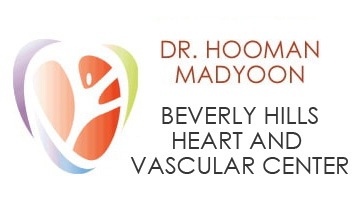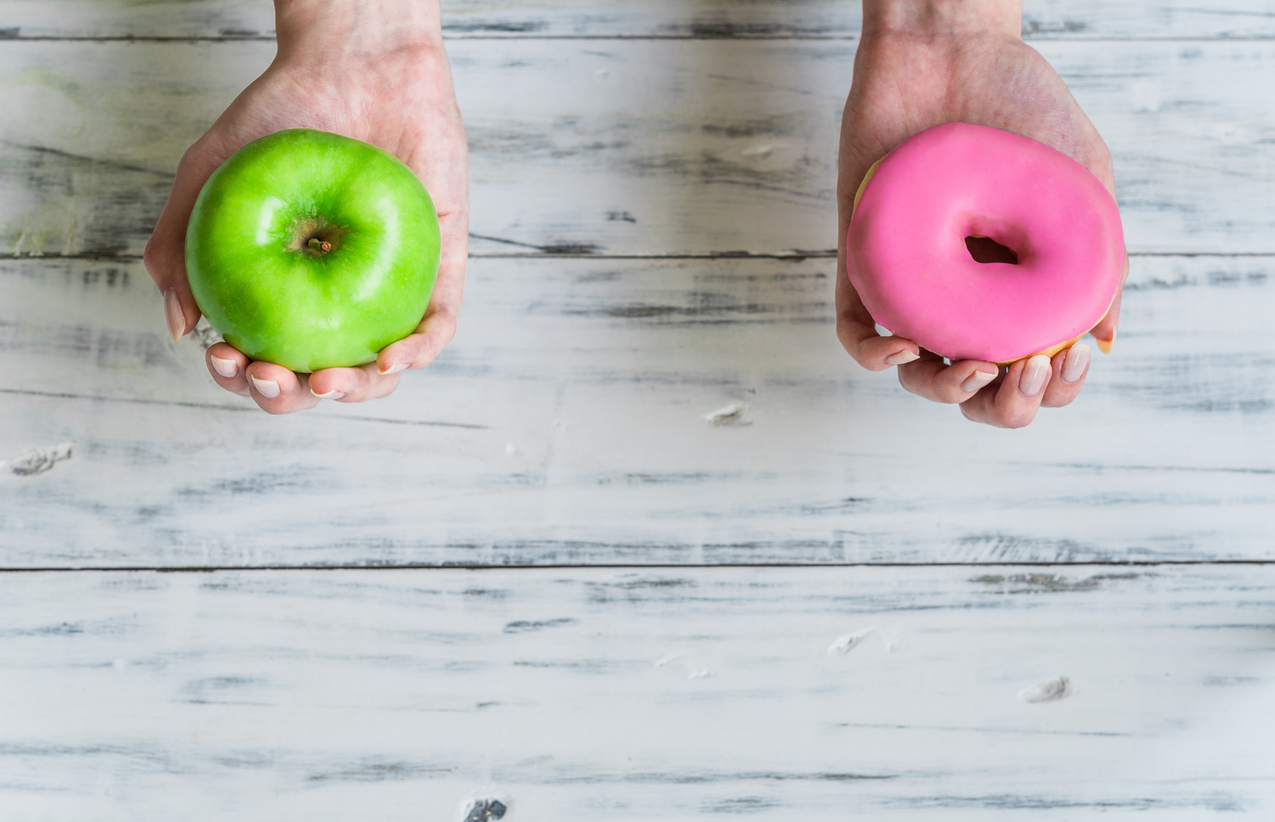Varicose veins are a relatively common problem caused by the weakening of vein walls or valves due to increased pressure. Pregnancy, constipation, tumors, and obesity are common risk factors that can lead to the development of varicose veins over time. Unfortunately, the damage can be highly visible, as the weakened or broken walls allow blood to pool in those areas. This gives them a swollen and twisted appearance on the skin’s surface. As a result, many people with varicose veins actively seek ways of concealing and treating them. One way is to find foods to avoid with varicose veins.
Addressing the Root of the Problem
Before starting a new diet or treatment to reduce the appearance of varicose veins, it is important to evaluate the root cause. If you are clinically obese or have a tumor that puts pressure on your veins, then it is important to treat those conditions first. Talk with your primary care physician about what you can do to reduce the pressure on your veins and prevent further damage.
Looking to Food
Whether the root cause of your varicose veins has already been resolved or you are in the process of treating it, it is time to look at what foods you are consuming. People with varicose veins should prioritize foods that increase circulation. Doing so can reduce the appearance of varicose veins and provide some relief from other symptoms. However, that means that you also need to avoid foods that could potentially impede circulation or cause constipation. Both of which are problematic. Here are three foods you should stay away from if you have varicose veins.
White Bread
White bread is the ultimate example of a refined carbohydrate. During the production process, refined carbohydrates like white bread, pasta, and white rice are stripped of nearly all nutritional value. By contrast, if you opt for whole-grain bread, brown rice, and oats, then you receive the benefit of the contained bioflavonoids and fiber. Together, these two components strengthen vein walls and help create healthier bowel movements, reducing strain on your body.
Sweets
Refined sugar is another one to avoid to improve your general health and prevent a flood of insulin into the bloodstream. Rather than reaching for a candy bar, experts suggest keeping fresh fruit on hand. The fiber contained in the fruit promotes healthier digestion and prevents sugar from releasing all at once. This allows your body to gradually process it instead of having to deal with a sudden surge.
Pre-prepared Foods
Whether it is in a box, a jug, or a sealed bag, if your food has been pre-prepared in any way, it is likely to contain more sodium and sugar than food you would prepare at home. These components are often used as preservatives, allowing the foodstuff to stay fresh for an extended period. Still, sodium can be particularly hard on your veins, as it encourages your body to retain water. If high sodium levels are a regular part of your diet, this can put added pressure on your veins, exacerbating existing circulatory problems. Of all foods to avoid with varicose veins, these are the sneakiest.
Long-term Solutions
Maintaining a healthy diet is an excellent way to prevent varicose veins and reduce the appearance of existing damaged veins. However, it does not necessarily reverse the damage. Fortunately, we now have long term solutions to erase the appearance and negative side effects of varicose veins, such as laser vein removal. At Beverly Hills Vein and Cardiovascular Institute, Dr. Hooman Madyoon offers several forms of heart and vein treatment to patients. Using state of the art technology, Dr. Madyoon and their staff will perform a complete evaluation of your circulatory health and design a personalized treatment plan that addresses your health and aesthetic concerns. Together, you can work towards a healthier you.

